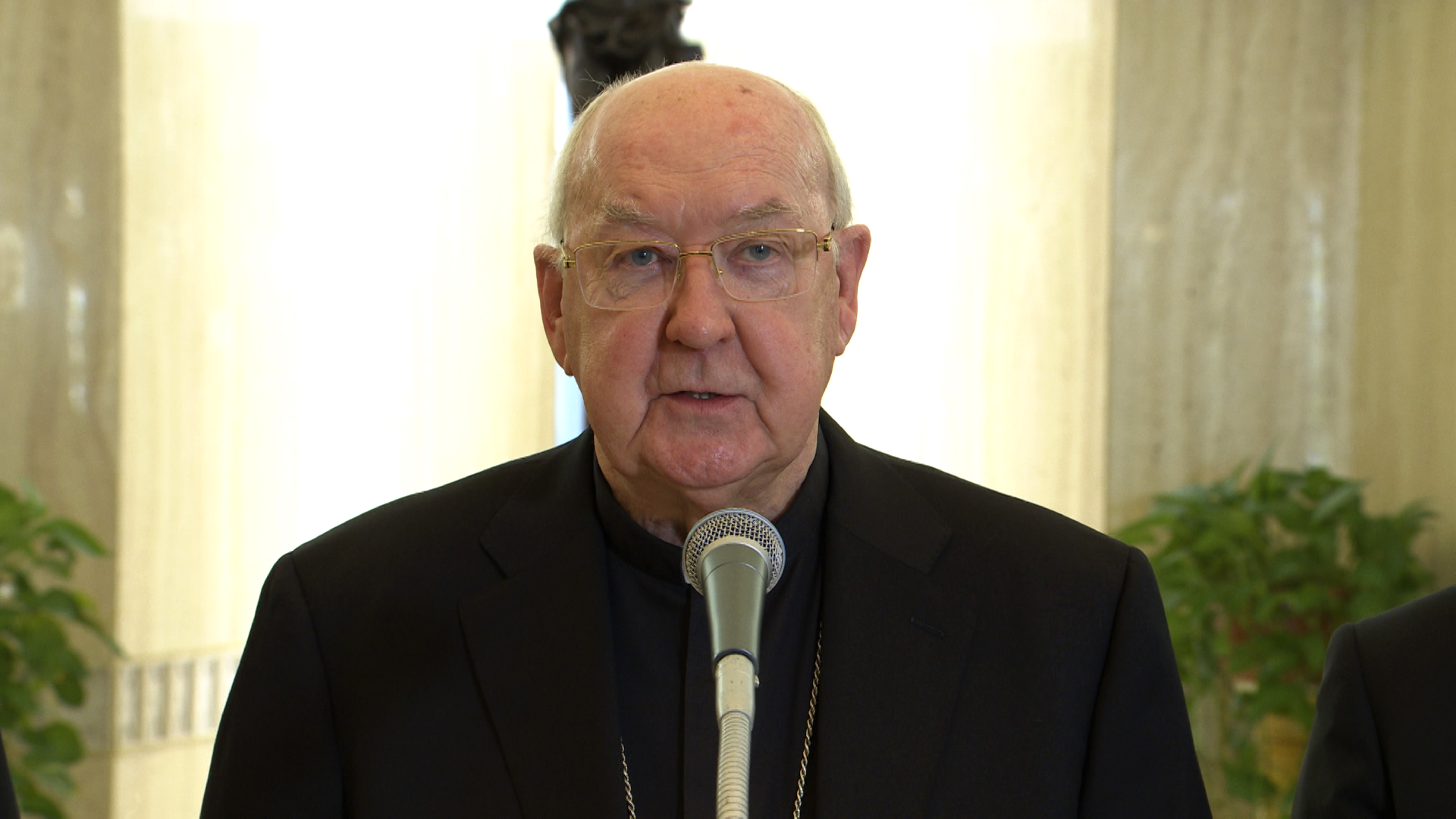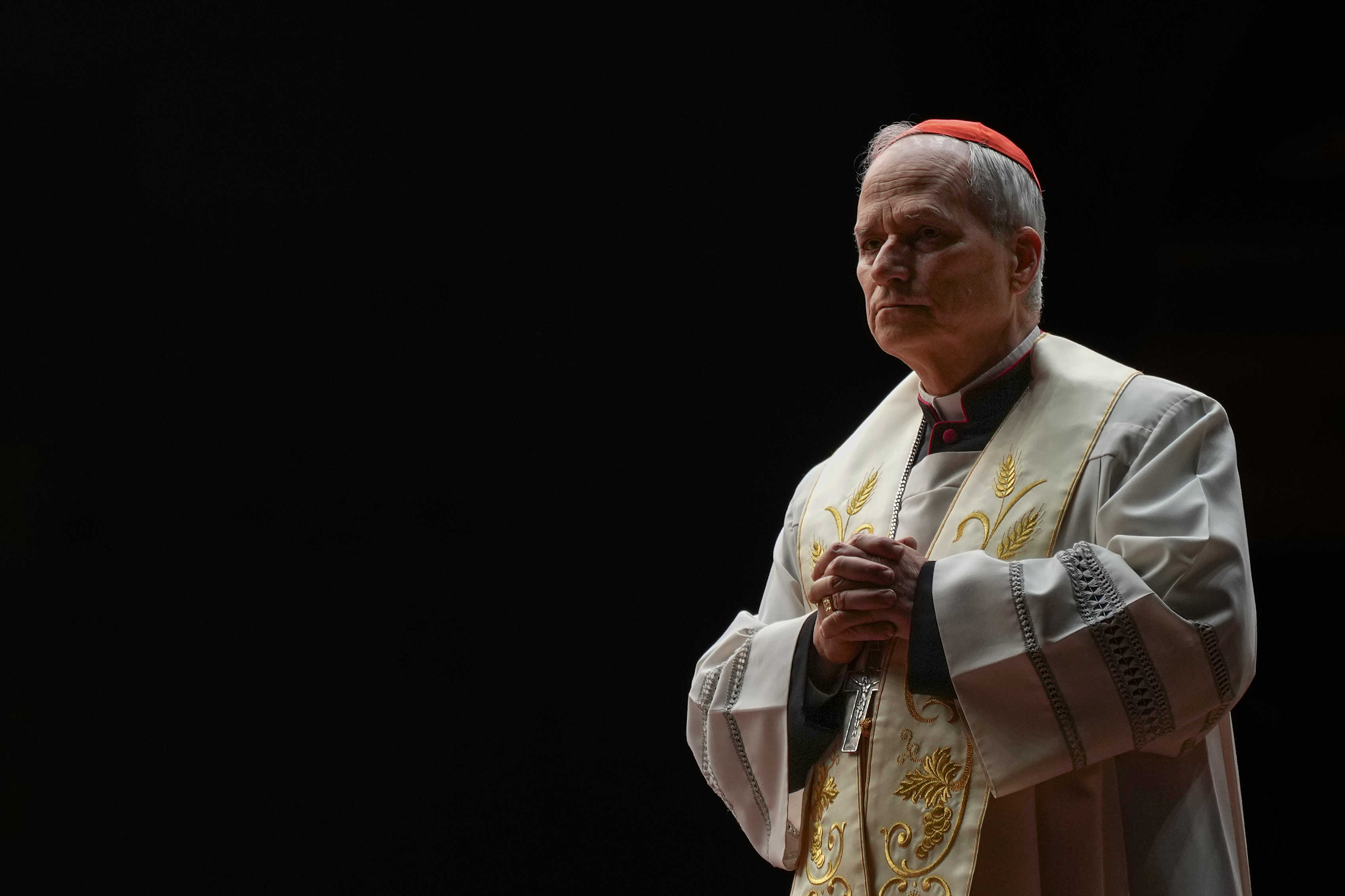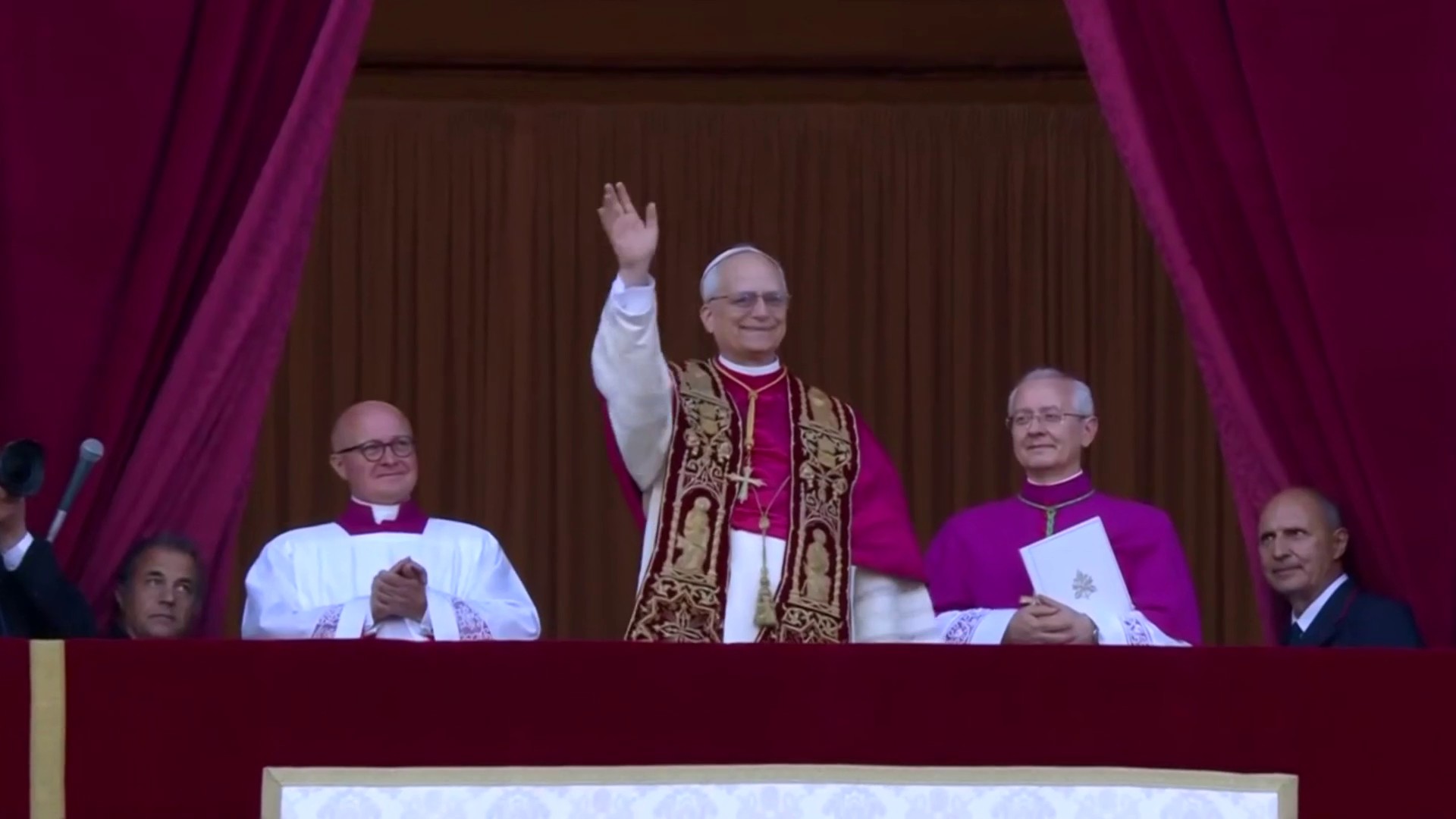Catholic Church Without Pope: Who's Really in Charge?
The Vatican's Helm: Who Steers the Catholic Church Without a Pope?
Navigating the Interregnum: A Church Without Its Shepherd
Imagine a ship without its captain. Or a classroom without a teacher. It's a strange feeling, right? Well, that's kind of what it's like for the Catholic Church when the Pope, the Supreme Pontiff, passes away. There's a period, typically lasting a few weeks, before a new Pope is elected. So, who's in charge during this "interregnum," this period between Popes? It’s not a free-for-all! Responsibilities shift to a specific role, ensuring the Church continues to function. Let's dive in and find out!
Enter the Camerlengo: The Church's Interim Guardian
The answer lies with a particular individual: the Camerlengo of the Holy Roman Church. This role isn't just ceremonial; it's crucial. The Camerlengo takes on a significant leadership position during the vacancy of the papacy. Think of them as the acting president of a country after the president’s death. They ensure the Church’s daily operations continue, manage the Vatican’s affairs, and oversee preparations for the papal conclave.
Cardinal Kevin Farrell: Taking the Reins
Let's personalize this. If we were in a situation where Pope Francis had passed, Cardinal Kevin Farrell, the Irish-born Vatican Camerlengo, would step into this role. We witnessed a hypothetical announcement of Pope Francis' death attributed to Cardinal Farrell, underscoring the Camerlengo’s role in communicating this solemn news to the world. His announcement would mark the official beginning of the Sede Vacante, the vacant see.
The Official Announcement: A Formal Declaration
The announcement of a Pope’s death isn’t just a casual statement. It's a formal declaration. Think of it as the official lowering of a flag to half-mast. In the hypothetical scenario, Cardinal Farrell’s words – “At 7:35 this morning, the Bishop of Rome, Francis, returned to the home of the Father. His entire life was dedicated to the service of the Lord and of his Church” – would carry immense weight, signifying the end of a pontificate and the beginning of a new chapter for the Catholic Church.
What Does the Camerlengo Actually Do?
So, what does the Camerlengo actually do? It's not just about making announcements. It’s a multifaceted role involving several key responsibilities:
- Officially Confirming the Pope's Death: This involves a traditional, almost archaic, process.
- Sealing the Papal Apartments: Protecting the Pope's private spaces is paramount.
- Managing the Vatican's Finances: Ensuring the smooth operation of the Church's financial affairs.
- Organizing the Papal Conclave: Overseeing the process of electing a new Pope.
Confirming the Pope's Death: A Time-Honored Tradition
While modern medicine provides clear signs of death, the tradition of confirming the Pope's passing is steeped in history. The Camerlengo, in the presence of other officials, traditionally confirms the death. The exact ritual may vary depending on the circumstances, but it underscores the seriousness of the event.
Sealing the Papal Apartments: Protecting the Private Space
The Pope's private apartments are sealed to prevent any unauthorized access. This is a symbolic act, safeguarding the Pope's personal belongings and ensuring the integrity of the space until a new Pope is elected. It's like locking up the office of a CEO who has stepped down.
Managing Vatican Finances: Ensuring Continuity
The Vatican's financial operations must continue smoothly, even without a Pope. The Camerlengo, along with other officials, oversees these operations, ensuring that the Church's financial responsibilities are met. This includes everything from paying salaries to managing investments.
Organizing the Papal Conclave: Electing a New Shepherd
The most critical responsibility of the Camerlengo is organizing the Papal Conclave. This is the process by which cardinals from around the world gather in the Vatican to elect a new Pope. The Camerlengo ensures that the conclave is conducted according to established rules and procedures.
The College of Cardinals: A Governing Body
While the Camerlengo takes on a prominent role, he doesn't act alone. The College of Cardinals also plays a crucial part during the interregnum. The College governs the Church in a limited capacity, addressing urgent matters and preparing for the conclave. Think of them as a board of directors stepping in after the CEO's departure.
Limitations of Power: Acting in Accordance with Canon Law
It's important to note that the Camerlengo and the College of Cardinals operate within strict limitations. They cannot make any major changes to Church doctrine or policies. Their role is primarily to maintain the status quo and prepare for the election of a new Pope. They are custodians, not innovators.
The Papal Conclave: A Time of Prayer and Deliberation
The Papal Conclave is a sacred and solemn event. Cardinals gather in seclusion, praying and deliberating until they reach a decision. The process is shrouded in secrecy, with cardinals forbidden from communicating with the outside world. This is to ensure that they are free from external pressures and can make their decision based on prayerful discernment.
Habemus Papam: The Announcement of a New Pope
Once a new Pope is elected, the world waits with bated breath for the announcement: "Habemus Papam!" (We have a Pope!). White smoke billows from the Sistine Chapel, signaling that a decision has been reached. The new Pope then appears on the balcony of St. Peter's Basilica to greet the faithful and deliver his first blessing.
The End of the Interregnum: A New Beginning
With the election of a new Pope, the interregnum comes to an end. The Church has a new shepherd, and the faithful around the world rejoice. The Camerlengo's role transitions back to its normal function, and the Church moves forward under the leadership of its new Pontiff. It's a testament to the Church's enduring strength and its ability to navigate even the most challenging transitions.
What About the Other Vatican Officials?
You might wonder what happens to other Vatican officials during this time. Do they all take a vacation? Not at all! While the Camerlengo and the College of Cardinals take center stage, other officials continue to perform their duties, ensuring the Vatican City State and the broader Church bureaucracy continue to function. Think of them as the essential workers who keep things running smoothly behind the scenes.
Conclusion: A Seamless Transition of Power
In conclusion, while the passing of a Pope marks a period of mourning and transition, the Catholic Church has a well-defined system in place to ensure continuity. The Camerlengo of the Holy Roman Church, in conjunction with the College of Cardinals, steps in to manage the Church's affairs and oversee the election of a new Pope. This process, steeped in tradition and guided by canon law, ensures a seamless transition of power and reaffirms the Church's enduring strength.
Frequently Asked Questions (FAQs)
- What happens to the previous Pope's personal belongings after his death?
The Pope's personal belongings are inventoried and eventually distributed according to his will or, in the absence of a will, according to established Church protocols. Some items may be preserved for historical or archival purposes.
- Can the Camerlengo be elected Pope during the conclave he helps organize?
Yes, there is no rule preventing the Camerlengo from being elected Pope. In fact, it has happened in the past. However, his role in organizing the conclave does not give him any special advantage.
- How long does the interregnum typically last?
The interregnum typically lasts between two to three weeks, but the exact duration depends on various factors, including the time it takes for all the cardinals to gather in Rome and the length of the conclave.
- Does the Camerlengo have the authority to change Church doctrine during the interregnum?
No, the Camerlengo does not have the authority to change Church doctrine or policies. His role is primarily administrative and custodial, focused on maintaining the status quo and preparing for the election of a new Pope.
- What happens if the Camerlengo dies during the interregnum?
If the Camerlengo dies during the interregnum, a new Camerlengo is elected by the College of Cardinals to fulfill the remaining responsibilities.


